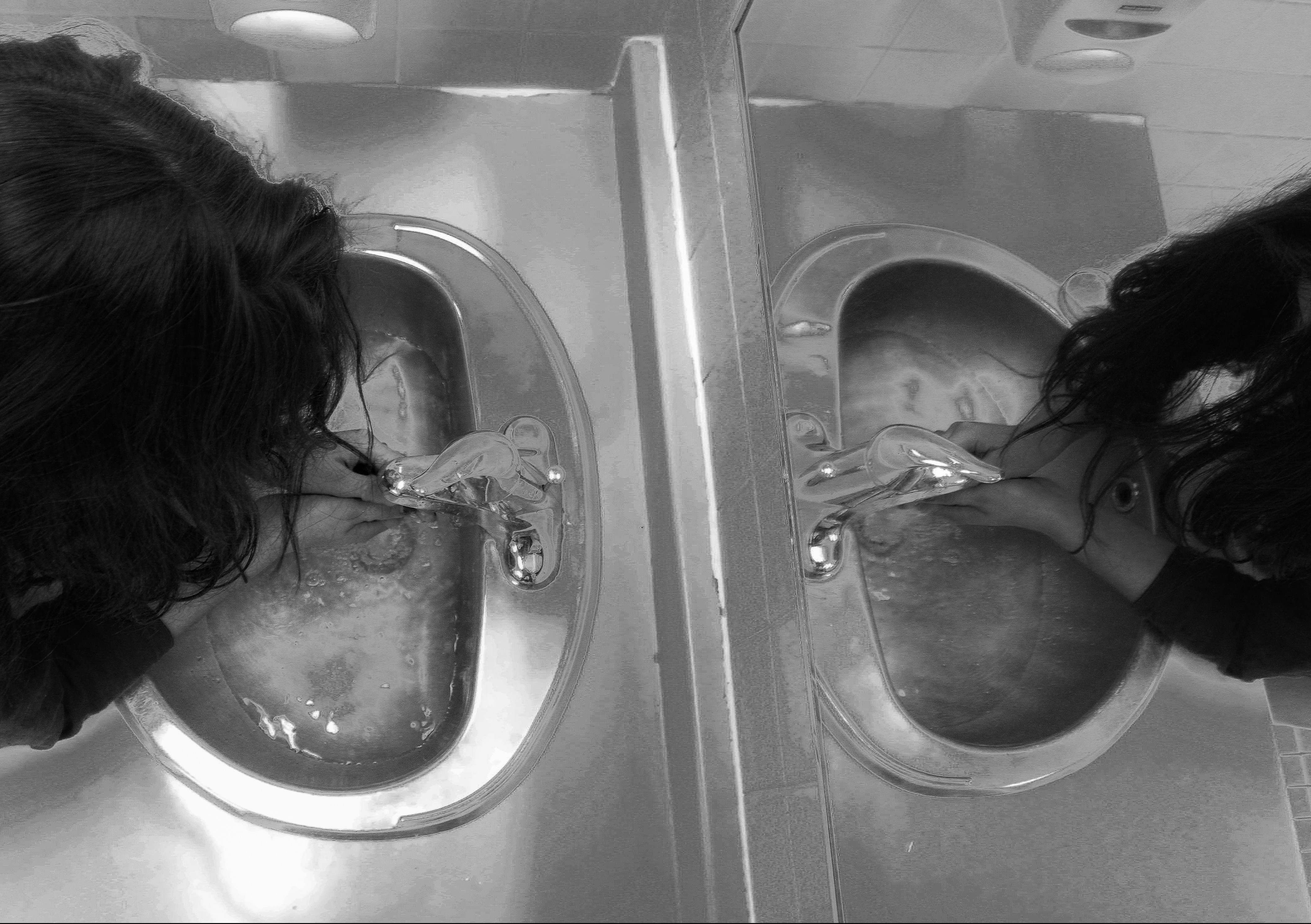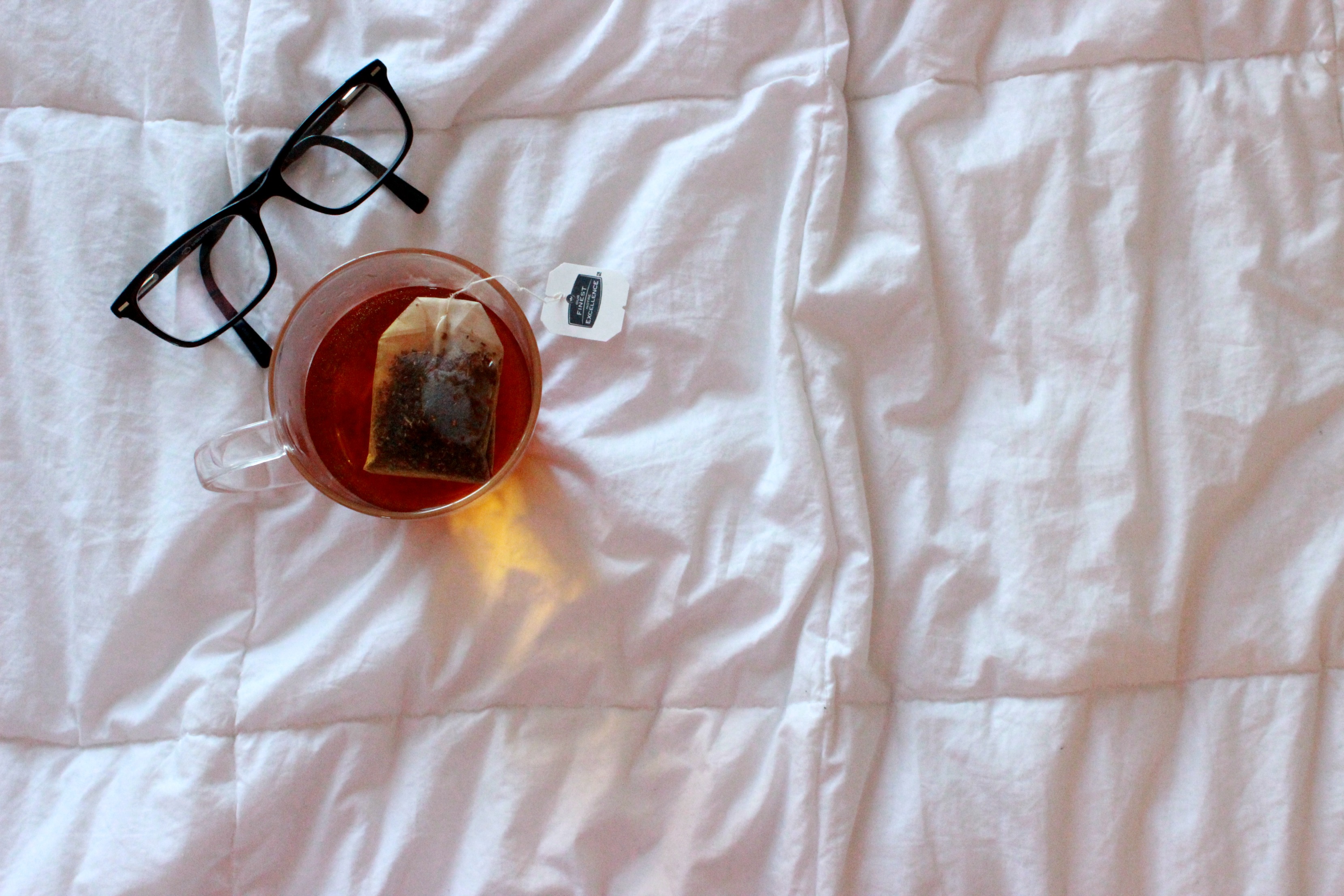As we all know, University is well known for its large population of sleep deprived students. How many hours do you sleep on an average night? If you said anything less than 6 hours, I’m afraid you’re in debt that’s very hard to pay back. Sleep debt is something that many people accumulate without even realizing it. If you stayed up an extra couple of hours to study for that midterm, but you woke up at the same time you usually do for class, that’s two hours added to your ever climbing total. Now, I know I said 6 hours up there but everyone is different. Most science will tell you that 8 hours is what you should be getting every night, but some people only need 6 while others need up to 10 per night. Though all around, sleeping beyond those guidelines on either end of the spectrum every night also becomes harmful. So for those of you who think you can pay back your sleep debt by sleeping for 14 hours on the weekend, you’d be wrong.
You can make things right, but it will take time. Adding on one or two hours per night to your sleep is a good way to catch up. Even better if you are able to go to sleep when you feel tired and then wake up naturally without an alarm. This allows your body to get back to a normal sleep cycle and will give you the most sleep benefits, and there are many. More than avoiding dark circles under your eyes and not coasting through your day. Adequate sleep leads to better learning because you’re allowing your brain to go through your day and store all the important stuff. It also helps with healing. That goes for having a cold, a break or even just a cut on your finger. Without sleep, lots of bad things could happen. If you’re a driver, you’re more at risk for accidents because you’re less aware of the things going on around you. If you’re really in debt to the sandman, your GPA could very well reflect that. Lack of sleep impairs concentration, reasoning, problem solving and if you’ve ever been in class and woke up when your head slipped off the hand propping it up, you know it interferes with alertness and attention. Not only that but without a good night’s sleep, you’re not giving your brain enough time to process all the information you took in and are therefore less likely to remember it. When you are at rest, your brain is still at work. Of course, with lack of sleep also comes with increased risk for heart attack, heart disease and stroke. It also affects your libido. Loss of energy, tiredness and stress can decrease your sex drive!
There are many factors that contribute to this. Some of which being late night use of laptops and cellphones, the light of which disrupts one’s circadian rhythms. Others include but are not limited to the consumption of alcohol, coffee, black tea, chocolate, energy drinks and tobacco in the 3 hours before sleep time. If you’re struggling to fall asleep every single night and it doesn’t appear to be any of the causes just listed, there are things you can try. Student debt is enough without sleep debt on top of it. (This is of course, if the problem is not a sleep disorder. They require more than a few tips and tricks to overcome.) It’s important to keep your bed and the space around it for sleep and sleep related activities only. Getting up at the same time every day also helps solidify your sleep schedule, which should make you tired around the same time every day as well. If at all possible, you should sleep when you’re tired. That’s not always easy, but it lets your body get what it wants. Another thing that is a bit confusing is naps. If you’re taking daily naps to get through the day, it might be what you need, but it could be affecting how well you sleep at night. Naps should not be longer than 90 minutes and 20 minute naps are ideal as long as there’s an hour between each one. A 2003 study in the journal Sleep found that the more tired we get, the less tired we feel. While your judgement of how well you do without sleep is most certainly inaccurate, if you don’t have time to catch up, coffee is always by your side (just not before bed, okay?)!





